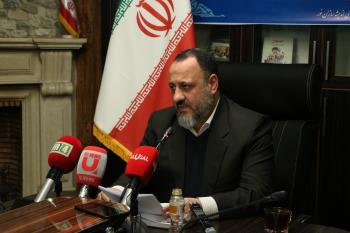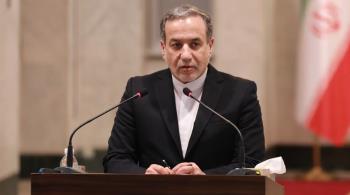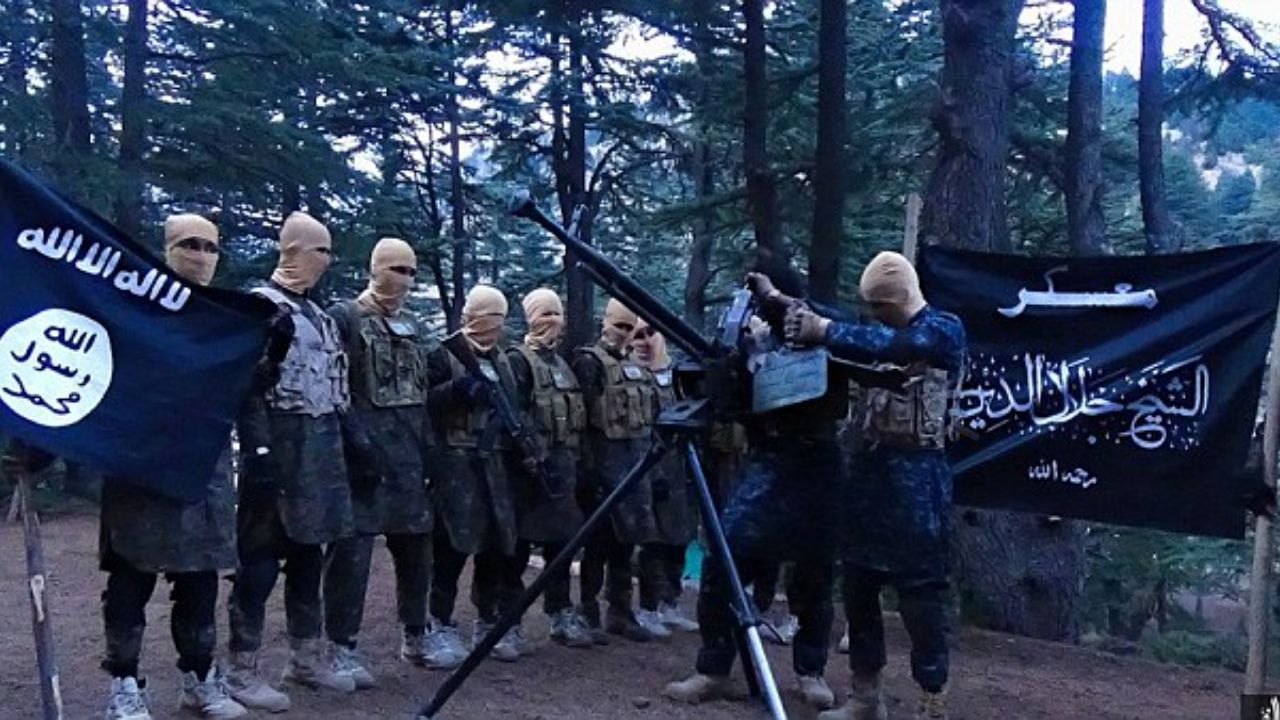Alwaght- More than a year has gone since the foreign forces withdrew from Afghanistan, but the Taliban have not yet developed a capability to stabilize the security conditions in the war-ravaged country. International observers and organizations believe that terrorist groups have ratcheted up their activities across the country. New groups, in addition to the al-Qaeda and ISIS-Khorasan, like East Turkistan Islamic Movement (ETIM), Tahreek-e-Taliban Pakistan (TTP), Khatiba Imam Al-Bukhari, Islamic Movement of Uzbekistan, Jaish-e-Mohammed, and Lashkar-e-Taiba have intensified their activities and launched terrorist attacks across the country.
Meanwhile, ISIS attacks have been elevating to new heights day by day, posing a growing challenge to the Taliban rule—officially called Islamic Emirate— that already has been grappling with big problems even without the terrorist group’s presence.
According to data collected by a security expert based in Sweden named Abdul Sayyed, between September 18 and November 30, ISIS-Khorasan carried out 76 attacks on Taliban forces – that is, 85 percent of all terrorist attacks in Afghanistan – which is a considerable figure compared to just eight attacks in the same months in 2020 launched by other terrorist groups in Pakistan and Afghanistan.
In addition to challenging Taliban’s security power and stabilizing capability in the eyes of Afghanistan and the international security, the ISIS is embarking on new strategies and operation methods to be a bone in the throat of the Taliban as the latter is struggling to ease the economic predicament and win international acceptance and recognition for its government.
Earlier, ISIS acted blindly in terrorist operations and mainly targeted civilians, especially Shiites, only to show off its strength and attract forces, in a way that in less than a year, the number of members of the group in the country doubled, but in recent months, its attacks are sophisticated and meant to render the Islamic Emirate ineffective.
On Tuesday, ISIS carried out an attack on a bus carrying oil workers— a move increasing the risk for foreign companies eyeing investment in Afghanistan. Amid cutting of international aids and freezing of Afghanistan assets abroad, it is vital for the Taliban to make profits from raw resources sales.
ISIS has also stepped up attacks in neighboring Pakistan since October, undermining a month-long ceasefire between the Pakistani government and TTP rebels amid efforts by Taliban Interior Minister Sirajuddin Haqqani to broker peace.
The attacks targeted a senior commander of the Haqqani network in the South Waziristan tribal region of Pakistan and a cleric-politician affiliated with a pro-Taliban party in the Bajaur tribal region, where Pakistani security forces discovered a large weapons storage in early November that they said belonged to ISIS.
The ISIS-Khorasan also intensified its propaganda campaign in Urdu, Pakistan’s official language. In electronic version of its magazine published on December 5, the group described as “anti-Islamic” the Pakistani government and Islamic scholars in favor of dialogue with the central government.
The recent attacks in South Waziristan and Bajur, which are the bastions of the TTP and other local Takfiri factions are signs ISIS-Khorasan formed new nuclei in regions along the Pakistani tribal belt.
This issue, in addition to overshadowing the peace talks between TTP and the Pakistani government with Taliban mediation, is straining the relations between Islamabad and the Taliban, to an extent that after attempted assassination of the top Pakistani diplomat in Afghanistan, Islamabad recalled its ambassador from Kabul.
With its attacks, ISIS is also targeting the fledgling Taliban ties to China.
Earlier in October, the terrorist organization used an Uyghur bomber to attack a gathering in the northern city of Kunduz, to ridicule the Taliban tendency for partnership with China. Uyghurs are Muslim majority in China’s Xinjiang province.
Certainly, this attack would provoke the sensitivity of the Chinese who are worried about the impacts of re-rise of the Taliban on Xinjiang.
In the future, there is even a possibility that the ISIS-Khorasan will take action to disrupt the relations between Kabul and Central Asian states, and even India. India is still worried about its security despite a US drone attack killed Al-Qaeda’s Ayman al-Zawahiri, who was threatening India.
Given the fact that Afghanistan’s economy is collapsing and famine is rocking major parts of the country, money can help ISIS to gain more power. Actually, in the eyes of the experts, the best choice the ISIS-Khorasan can make to strengthen its ranks is to recruit dissident fighters of the Taliban using financial attractions and also recruiting intelligence and security officials of the previous government who are seeking revenge on the Taliban and are inclined to work with it.
Faran Jeffrey, the director of London-based think tank Islamic Theology of Counter-Terrorism (ITCT), suggests that all necessary elements for ISIS power gain in Afghanistan exist, as the attacks against the Taliban carried out by the group prove.
“If their numbers are on the rise, I think that in the not-so-distant future, they will seize some regions from the Taliban,” he said.



























